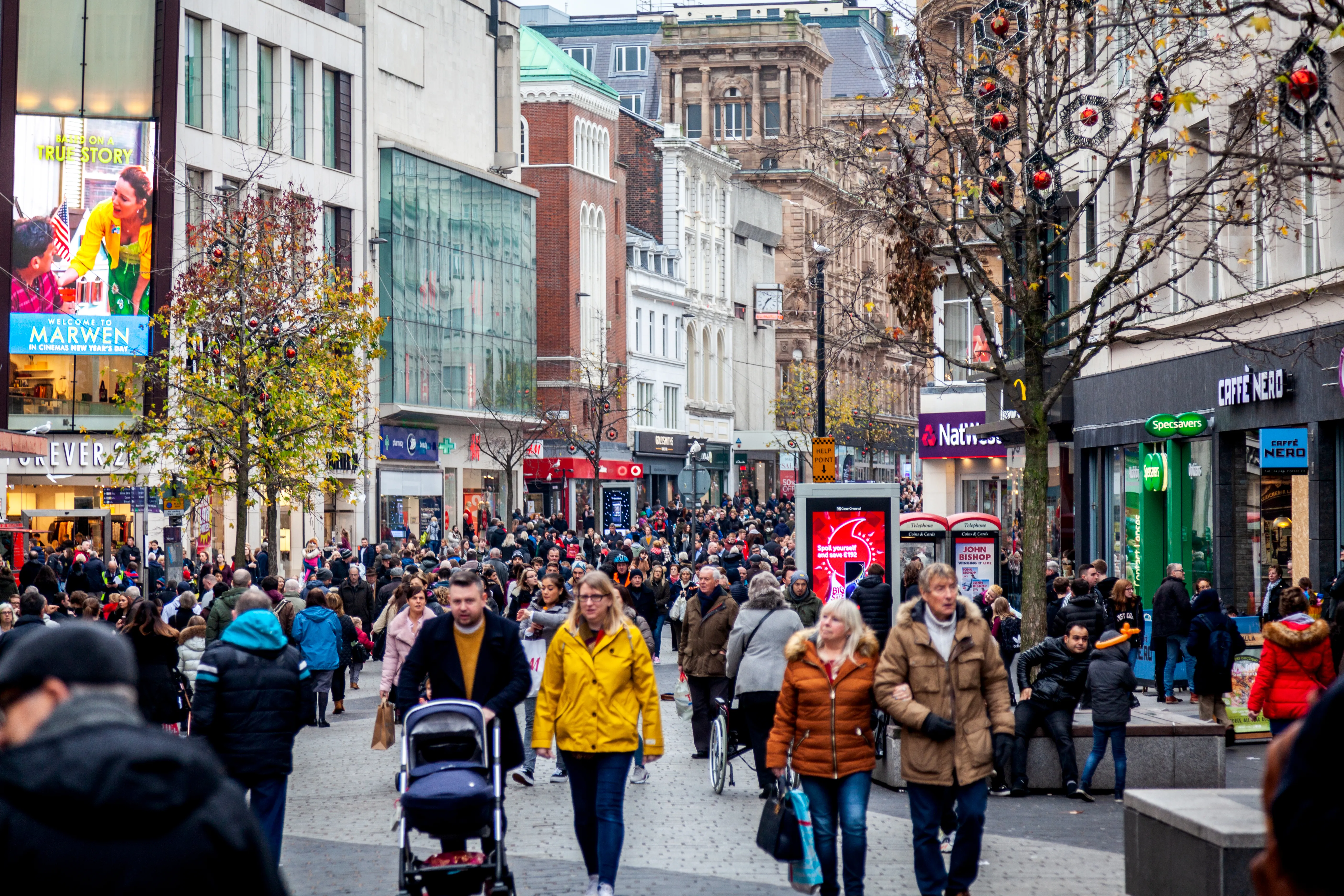Copyright dailymail

It's a lesson that Rachel Reeves has half-learnt: namely that markets are far more powerful than the government of a medium-sized economy. The bit she has learnt is she has to stick to whatever the Office for Budget Responsibility (OBR) requires her to do to balance the books. The half that the Chancellor hasn't learnt is that if you clobber people with higher taxes or yet more regulation they will respond in the way the market pushes them: they will invest less, spend less, or move their business or themselves to where the opportunities look better. As far as the first half goes, we know her Budget, now just a month away, has to look credible to the people who will lend the country the money to cover the deficit. As most of us know, the UK now has to pay a higher rate of interest to service the national debt than any other big economy. It may seem odd that she should be so dependent on a few officials in Whitehall, but the fact is the markets do not trust her. She has to have the endorsement of the OBR, or they would demand an even higher premium to lend to the UK. She is scared, and she is right to be. Unfortunately, she has not learnt the other half. We don't know the details, but we have been told those 'with the broadest shoulders' will be hit with higher taxes. We know from past experience what will happen, because there are plenty of examples of the ways in which bad legislation can damage a market. To take one, it looks as if the Government will announce an emergency plan to boost home-building in London, probably this week. Housing starts in the capital have plunged to about a quarter of their normal levels, thanks to more onerous environmental and other regulations, and the requirement to have 35 per cent of the properties classified as 'affordable homes'. So there will be a string of reforms, including cutting that proportion to 20 per cent. Will this revive the market? Well, eventually it may, but the damage has been huge. The message is simple: pile on costs for property development and the homes don't get built. Look at the way legislation and taxes have undermined the London Stock Exchange. Impose all sorts of unnecessary listing requirements and companies float elsewhere, or stay private. Likewise if you have the highest stamp duty on share trading of any major economy. As a result, our share prices are relatively low – which sucks in private equity firms that can spot a bargain. I'll come to what is happening to our market in a moment and why, but the point here is simply that Government unawareness of how markets respond to incentives is the main reason why London is now number 23 in the global league of listing venues by value this year. We are just behind Oman and a whisker ahead of Greece. Keir Starmer has said the Government will review regulations that are 'needlessly holding back' investment. But it takes years to reverse the effects of stupid policies of the past, and Reeves will add to the pile of errors in her Budget next month. So why, given all this, is the FTSE 100 index at an all-time high? It's simple. It is driven by foreign investors, who already own nearly two-thirds of the market and don't pay UK taxes. They can spot a bargain, as despite its recent rise the London market is still cheap compared with European ones, and vastly cheaper than New York. US markets are twitchy, for reasons we all know about, so even a tiny switch of funds from the American giants has a disproportionate impact on share prices here. So they are investing here despite this Government, not because of it – and in any case they know this lot won't be around for ever. That's why I am modestly optimistic about UK share prices. There, surely, is a message for all of us in Britain, including and perhaps especially for those with broad shoulders. Ultimately the markets will force a change of direction, either from this Government or more probably the next one. Some wealthy Britons will leave, indeed many are already leaving, but that's a big decision. For the rest of us, it will be damage limitation – and a recognition that there are still huge opportunities for the wise.



